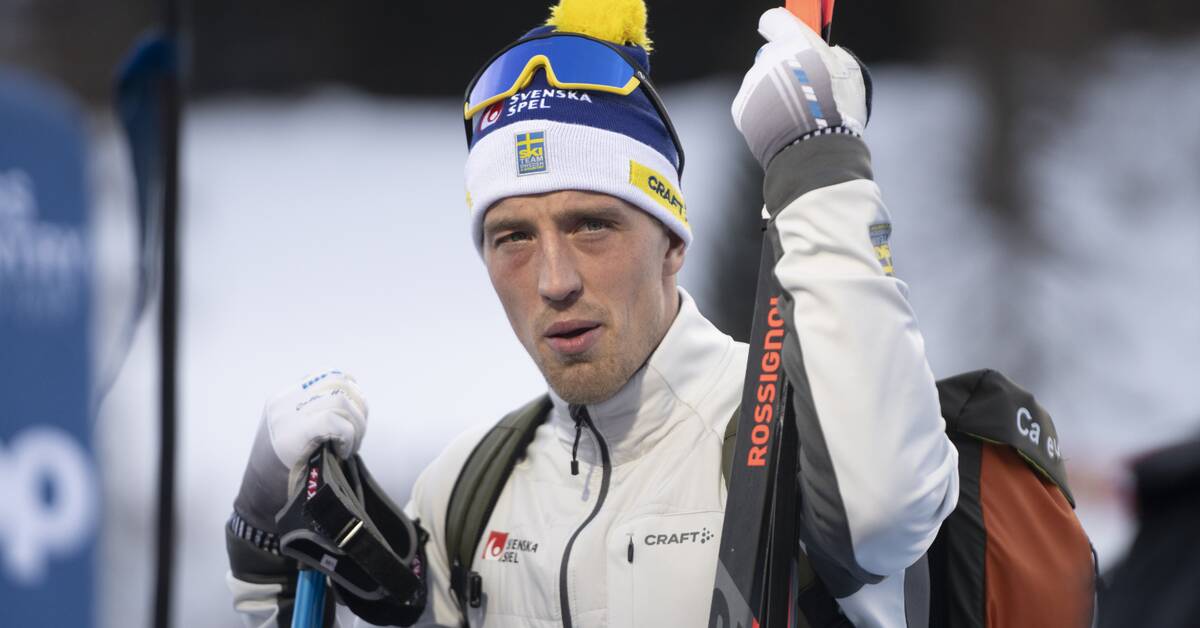33-year-old Calle Halfvarsson made his debut in the World Cup 14 years ago and during his active time has noticed the difference in the amount of snow that has decreased more and more.
- I like it when it's warm but still want winter, that it's white on the side too.
Now we get to go on a loop.
It is tangible and you notice that something is happening to the climate with each passing year.
It is a problem for the sport to get courses with plenty of snow, says Halfvarsson.
Despite the enormous difficulties faced by the organizer, he believes that Tuesday's 10 km classic competition with individual start can be carried out without sacrificing sporting conditions.
- It will be fair conditions.
There will be problems with the downhill technique, the "oil tread", that it will become uncontrollable with tracks that run into each other with the snow mud.
It will be full focus downhill, where you are used to resting.
It can be a bit difficult to hold on in corners, says Halfvarsson, who aims to be in the top five tomorrow and have a maximum gap of 30 seconds to the leader.
"We don't want to cut off sponsors"
National team manager Anders Byström does not like what he sees in the green south of Germany.
- It's sad, we like winter and it's not here.
The shock is when you ski and start sweating all at once.
The challenge will be to find the right clothes and wear as little as possible, says Byström.
However, it will not be cut into the suits, which has its economic explanation.
- We have a good suit that breathes and we don't want them to start cutting off sponsors, but they must wear as little as possible underneath.
- You could have driven in shorts and a t-shirt, says Maja Dahlqvist, who did not get enough air during the stages in Switzerland.
She hopes it was due to the high altitude.
In Oberstdorf you are in the lowlands.
The loose tracks, where especially the downhill slopes are feared, will be discussed in detail at the team leaders' meeting.
- It is loose and almost dangerous on some downhills and difficult to stand on the skis.
But it's not a mass start, so it should go well and we have a very successful herding history in conditions like this, says Byström.

